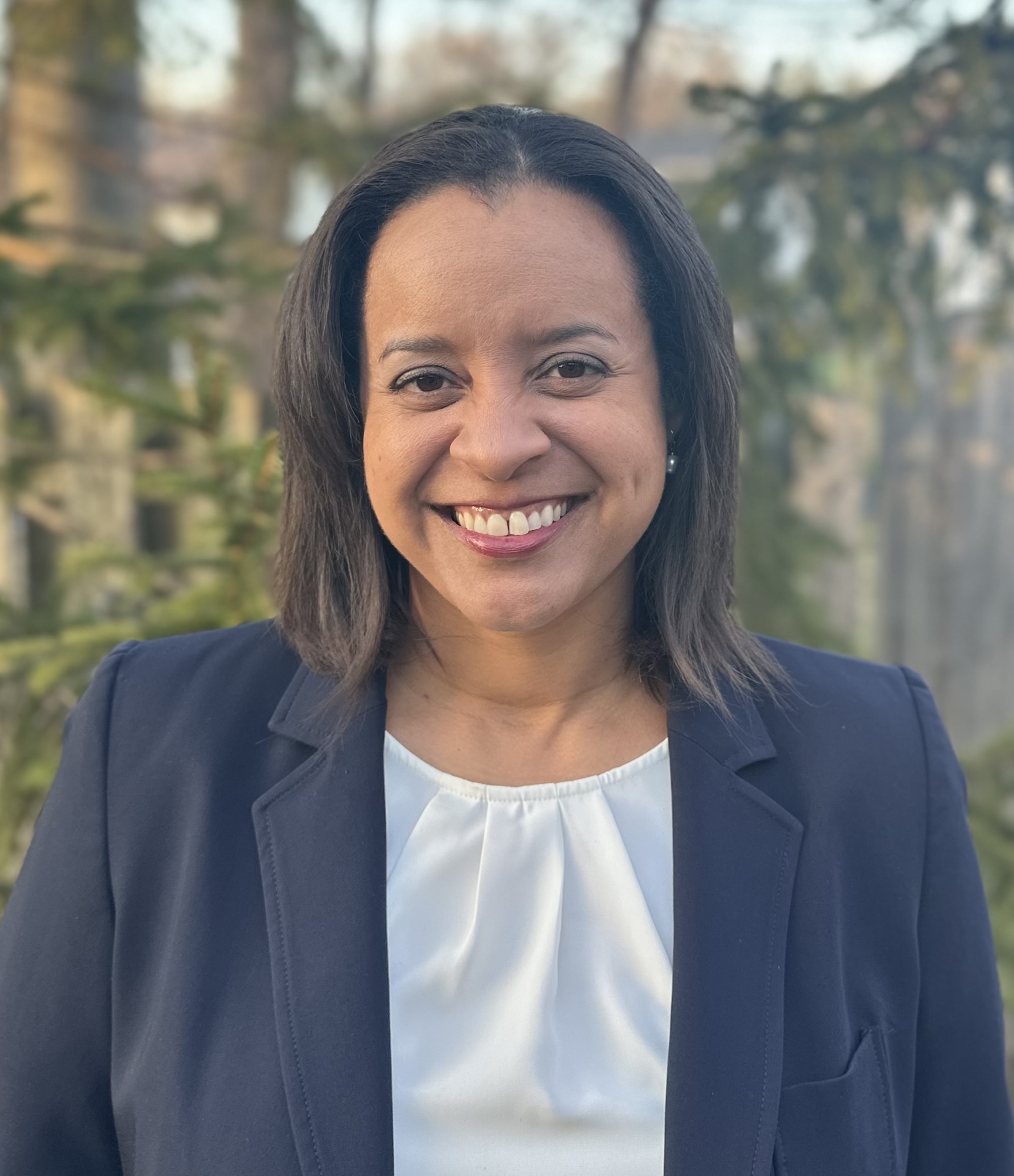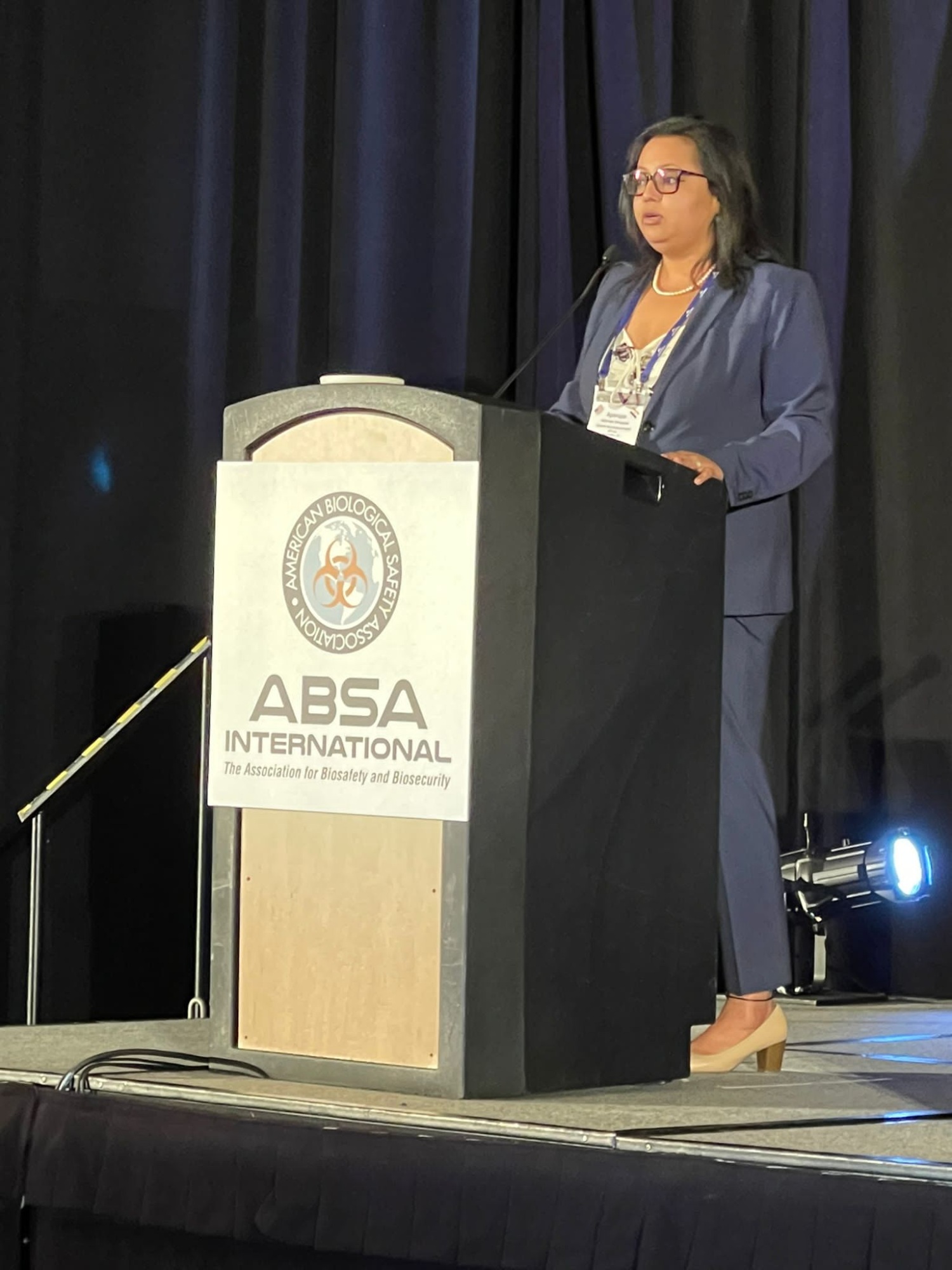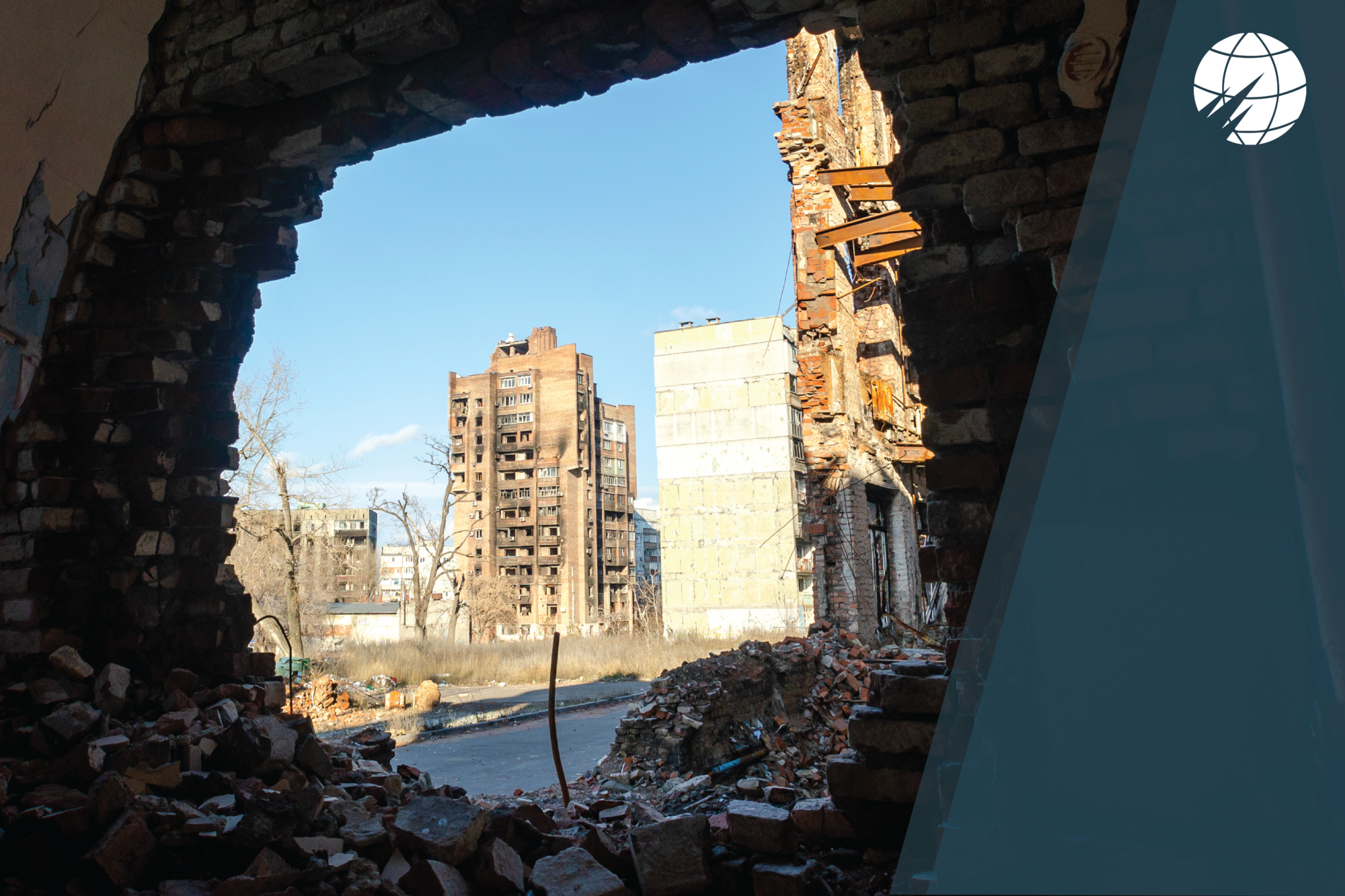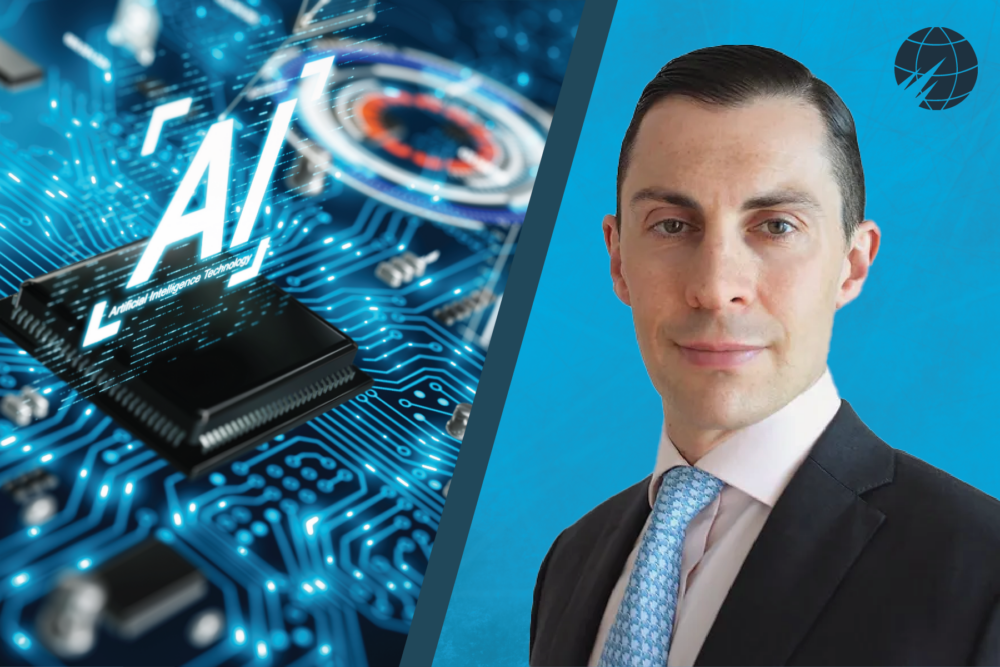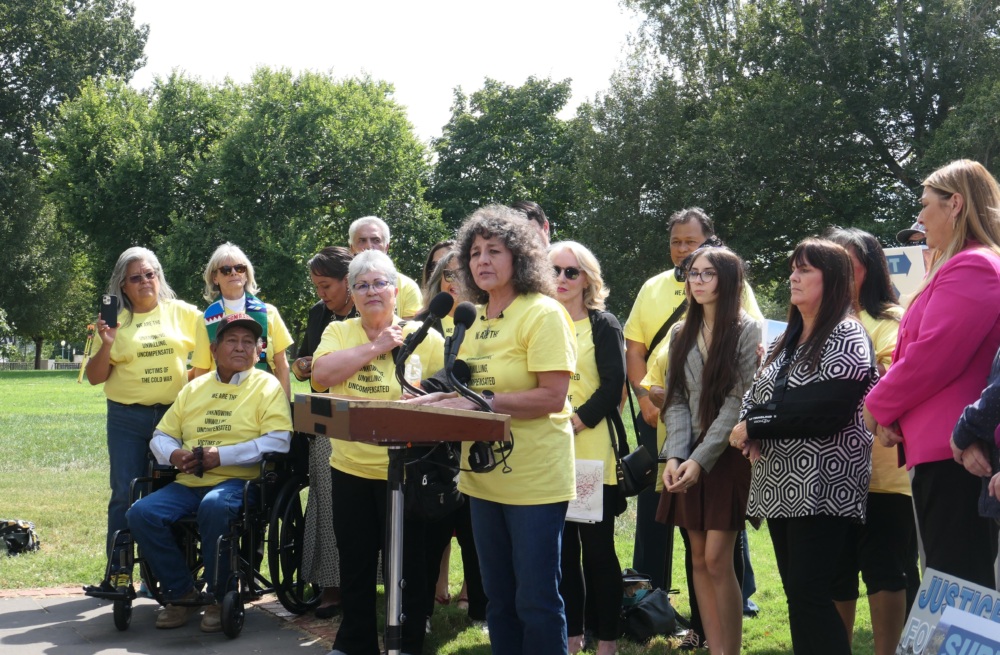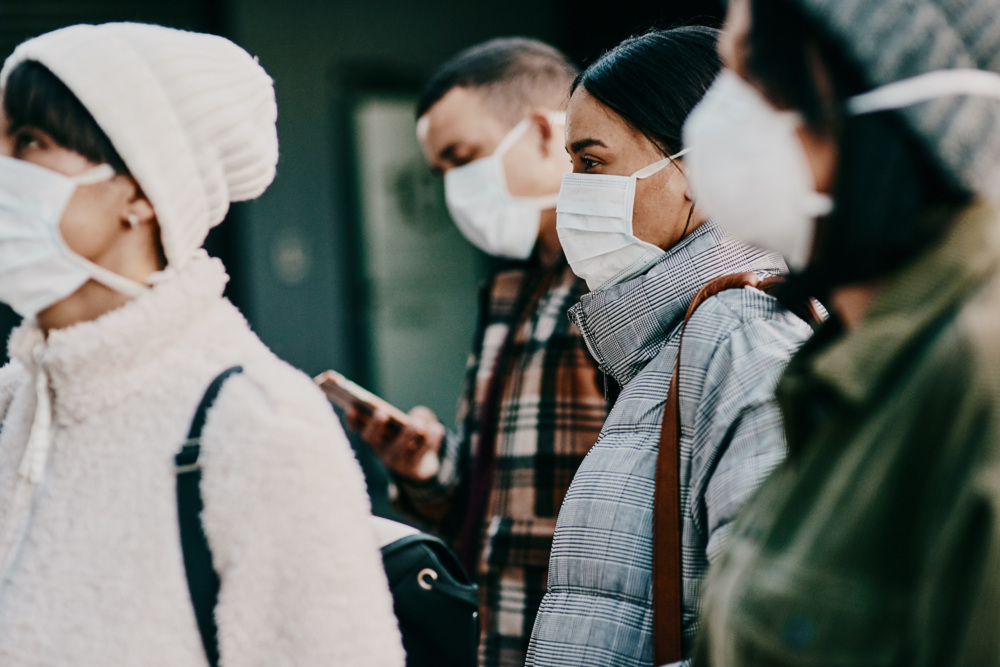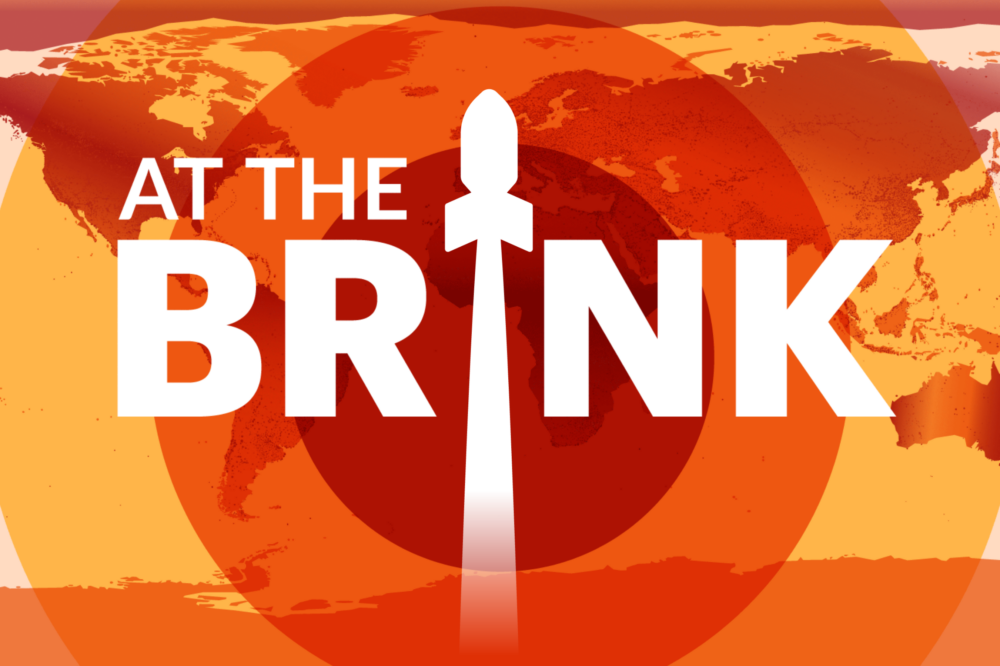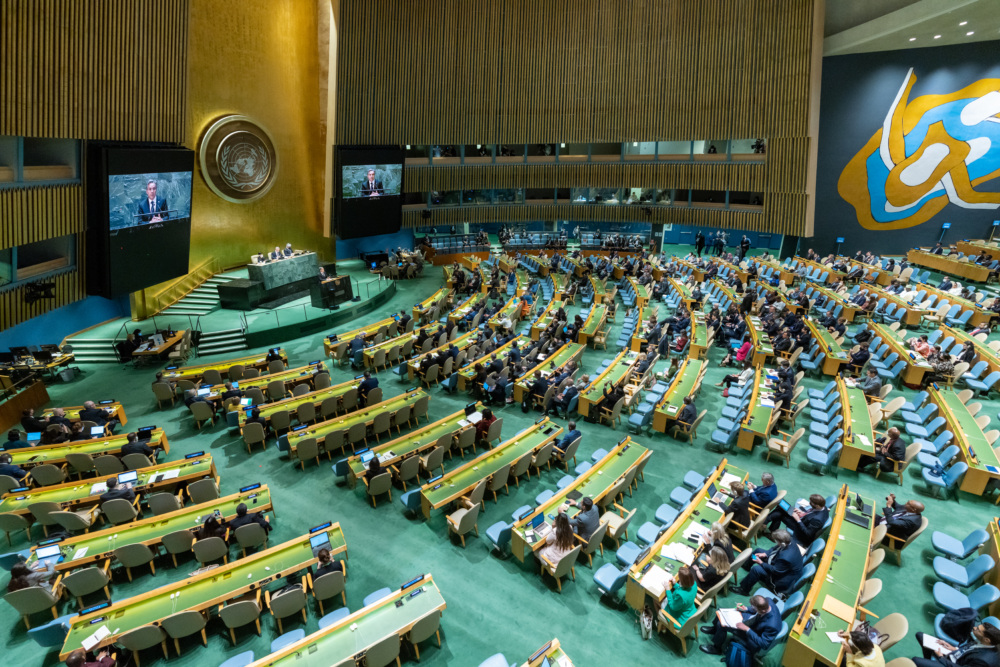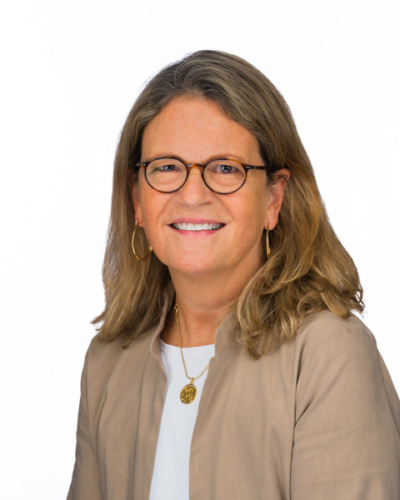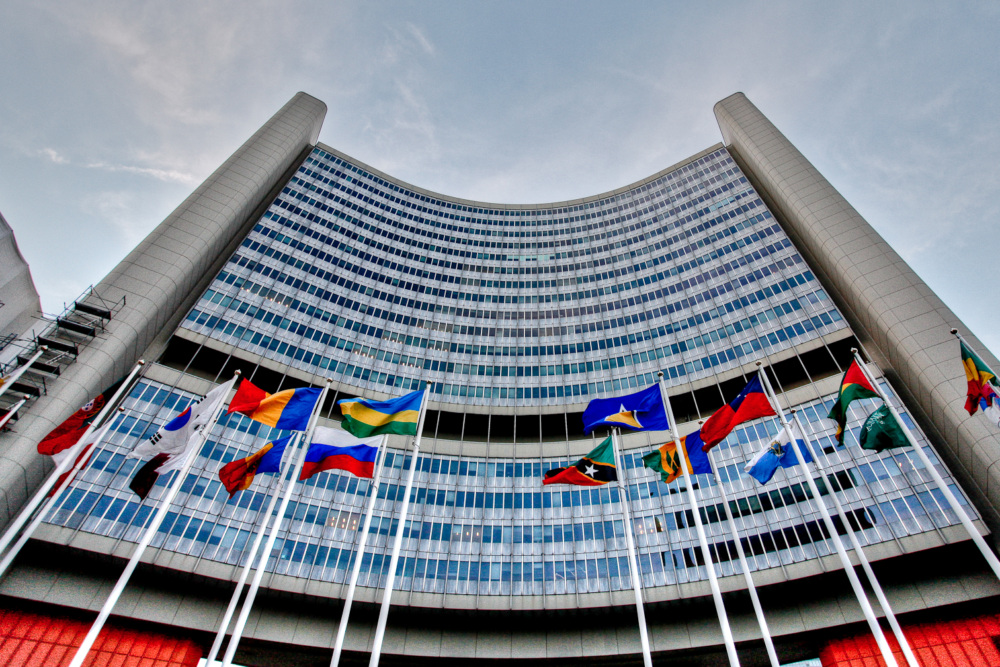
Time to Change Course on Nuclear Security
Governments should use the 2024 International Conference on Nuclear Security (ICONS) to reaffirm their commitment to preventing nuclear catastrophe.
Welcome to our blog. Here you'll find everything from new insights and critical analysis, to behind-the-scenes accounts of what it's like to work in our field, movie recommendations, and more.
Governments should use the 2024 International Conference on Nuclear Security (ICONS) to reaffirm their commitment to preventing nuclear catastrophe.
Sign up for our newsletter to get the latest on nuclear and biological threats.
On October 11, NTI hosted Dr. James Johnson for a virtual seminar moderated by Senior Advisor to the NTI President Douglas Shaw to learn more about the consequences of AI technology for the nuclear age and what governments and experts should do in response.
NTI’s Mary Fulham and Rachel Staley Grant interviewed Tina Cordova about her advocacy work—including recent breakthroughs in Congress—and her take on the recent attention that Oppenheimer has brought to the history of nuclear weapons in New Mexico.
NTI is working with international partners to develop a new Joint Assessment Mechanism (JAM) within the office of the UN Secretary-General to rapidly identify outbreak origins. Without the ability to quickly determine the origin of an outbreak, researchers are hampered in their ability to rapidly develop vaccines and other medical countermeasures that can slow the pace of the outbreak, ultimately saving countless lives.
Gigi Murakami is an American freelance illustrator and manga (comic) creator based in Brooklyn, New York. Her work blends Japanese manga art and vintage American comic and pulp aesthetics.
From Yoko Ono to the United Nations Secretary General, from members of Congress to a group of nuns in Ohio, the 2022 #CranesForOurFuture campaign brought together a diverse group of people and institutions to call for a future without nuclear weapons. Together, we reached over 20 million people. This year we hope to reach even more.
Eugenia Zoloto is a Ukrainian artist who specializes in paper cutting, collages, and illustrations, in addition to working with oil paints and mixed mediums. She lives in Kyiv with her husband and two children and is participating in the 2023 #CranesForOurFuture campaign by contributing a beautiful floral sculpture featuring an origami crane.
With Oppenheimer breaking box-office records, the first episode of the second season of the powerful At the Brink podcast is now out, featuring an exploration of the impact of the first test of the atomic bomb developed by J. Robert Oppenheimer.
As officials prepare to meet in Vienna for the 2023 PrepCom, they should consider some of the key themes that have emerged from NTI’s Global Enterprise to Strengthen Non-Proliferation and Disarmament.
Considering the current nuclear landscape, the power of Christopher Nolan’s film and the moral and ethical questions raised by J. Robert Oppenheimer’s work, movie viewers may be motivated to act to advocate for a world without nuclear weapons. But how?
If you want to learn more about Oppenheimer’s bomb and what we must do to protect the world today and for future generations, NTI’s online library is the perfect place to go.
Vice President, Communications
